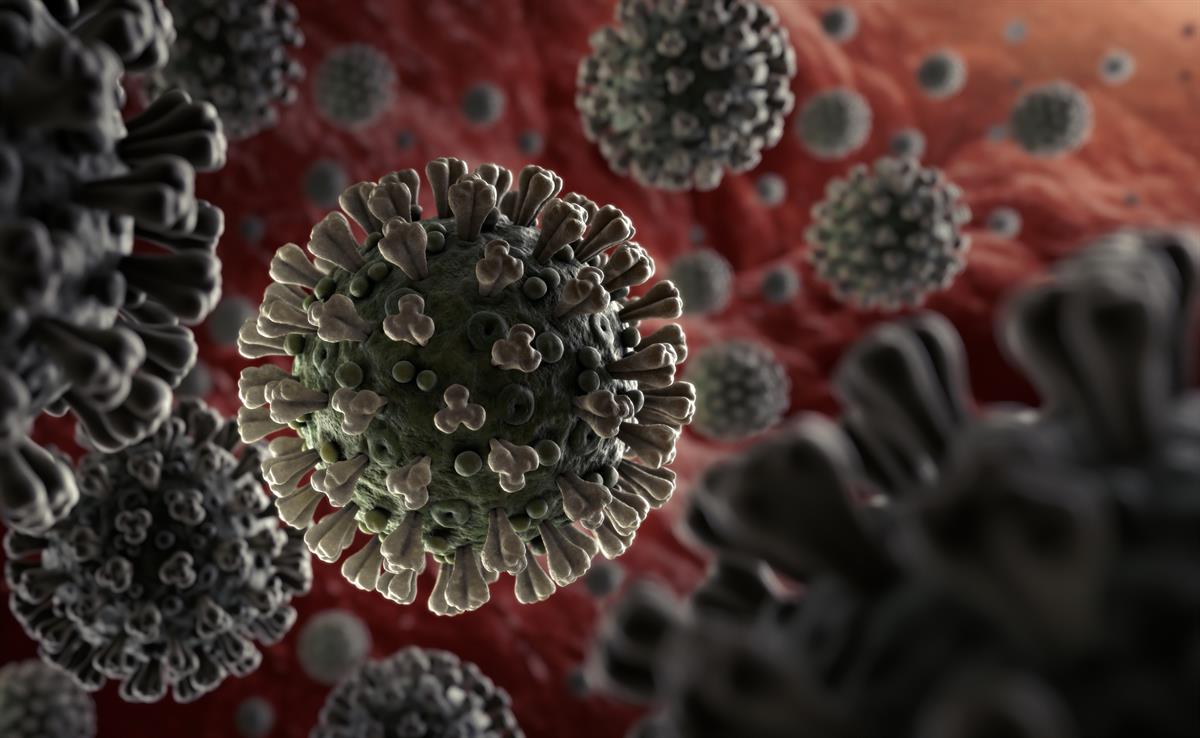
This year was a miserable one for the whole world with some of the most developed countries being hit heavily by the deadly coronavirus. It is a pity that as of today, at least 78 million people have been infected with the virus, with deaths of more than 1,7 million people. Those who lost their lives never thought that one day, there was going to be Covid-19 that would threaten anyone.
health talk
with Dr Johannes Marisa
The political, economic and social environments were grossly affected, which all brought misery to many. While many people looked at the morbidity and mortality from Covid-19, the psychological effects should not be underestimated. The effects have been shown on the general population, the patients and the medical staff. Special mention should be given to medical personnel that has stood firm in a bid to contain the notorious virus.
Governments introduced a number of measures to curb the spread of the coronavirus and these included establishing quarantine centres, lockdowns, social distancing and mask-wearing, among others. In Zimbabwe a lockdown was introduced at the end of March after the death of the first case. Some segments of the population seem to be more exposed to the risk of anxious, depressive and post-traumatic symptoms because they are more sensitive to stress.
Quarantine is usually hated by many who see it as an impediment against uniting with their loved ones. There is for sure loss of freedom, uncertainty about the advancement of the Covid-19 and the general feeling of helplessness. Lockdowns came and saw a lot of businesses being closed except for critical services which were allowed to function. Zimbabwe has many people in the informal sector with many people doing vending. The unemployment rate is over 70%, hence sources of income dwindled for many people who struggled to raise money for rentals, school fees, bus fares, food etcetera. This was characterised by stresses of life, anxiety, depression and fear as the coronavirus continued to ravage the entire world.
Stress, anxiety and depression have been some of the most notable characteristics among people in 2020. It is a pity that many people ignore stress yet it can have long-term consequences. Stress is a physical, mental or emotional factor that causes bodily or mental tension. Stresses can be external (from the environment, psychological or social situations) or internal (illness or medical procedure). Many people have developed post-traumatic stress disorder after witnessing the departure of their loved ones, the trauma of suffering from Covid-19 including going through ventilators and hospital admission. Many health professionals overworked themselves as initially between March and July 2020, there was marked fear about Covid-19 and in Zimbabwe, nurses went on strike for six months citing lack of personal protective equipment and better working conditions. Health professionals, especially in low-resource countries, are at risk of secondary traumatic stress disorder which can arise when treatments are not available for all patients and the professional must select who should receive them or not. Ventilators are still very scarce in Zimbabwe and many hospitals cannot take care of very critical patients. A lot of psychological support and counselling should be done to both the direct and indirect victims of Covid-19.
Depression has been a serious effect of Covid-19. Depression is a mood disorder that causes a persistent feeling of sadness and loss of interest and has the potential to interfere with your daily function. So, many symptoms of depression have been found and these include angry outbursts, sleep disturbances, tiredness and lack of energy, reduced appetite, trouble concentrating, suicidal thoughts and restlessness, among many other symptoms. Depression can thus cause suicide among people as anger has been associated with a burdened mind. A depressed health worker who loses concentration in his work risks getting needle-stick injuries at workplaces. There may also be wrong drug administration to patients, bad attitudes to patients, so sometimes it is imperative to investigate whether staff is not depressed when some unfortunate things happen. Covid-19 has thus become a thorn in the flesh for many.
- Chamisa under fire over US$120K donation
- Mavhunga puts DeMbare into Chibuku quarterfinals
- Pension funds bet on Cabora Bassa oilfields
- Councils defy govt fire tender directive
Keep Reading
As we head for 2021 and with Covid-19 threatening harder than before, it is imperative that the following should be done:
A lot of psychological support to the victims of Covid-19. There are families that almost got wiped out and there are many orphans, widows and widowers.
Counselling services should be enhanced in a bid to overcome mental effects of Covid-19. This calls for availing of professional counsellors that work with people.
Health workers should be incentivised if smooth health delivery is to continue unabated. Many of them have suffered psychological trauma as they watch patients die or as they fear contracting the virus from patients in front of them.
Do not forget that Covid-19 is dangerous and is still with us. Observe all public health measures during the festive holidays. Your mask is your life! Wish you all a happy new year and remember your health is what takes you to 2021!
l Dr Johannes Marisa is a medical practitioner and public health practitioner who writes in his personal capacity. He can be contacted on: [email protected].











